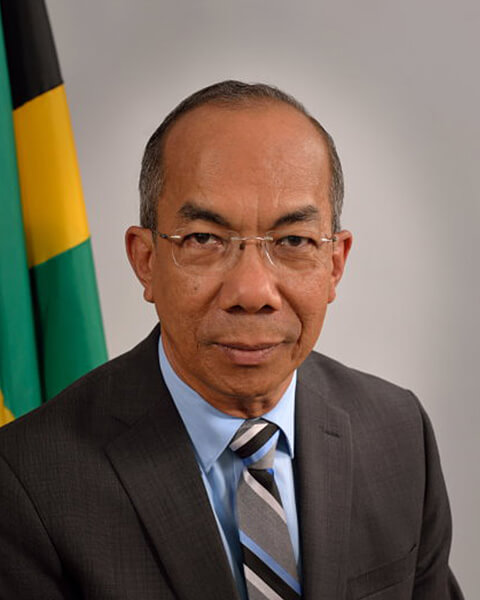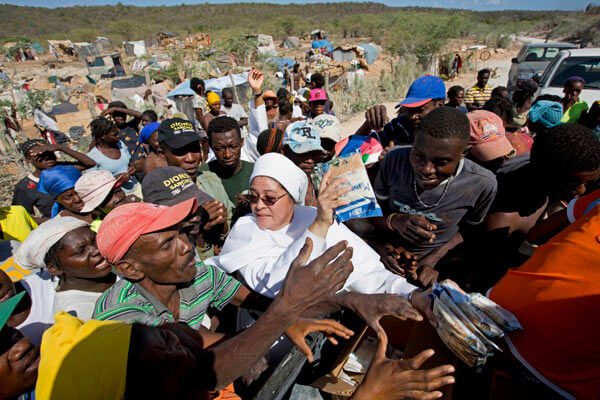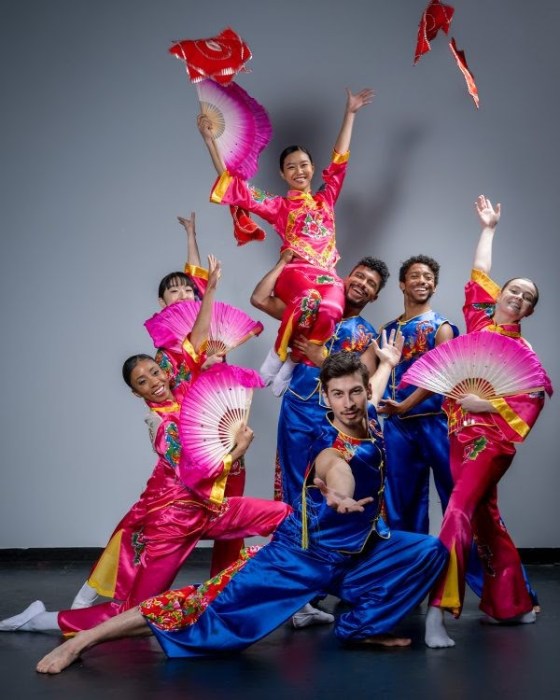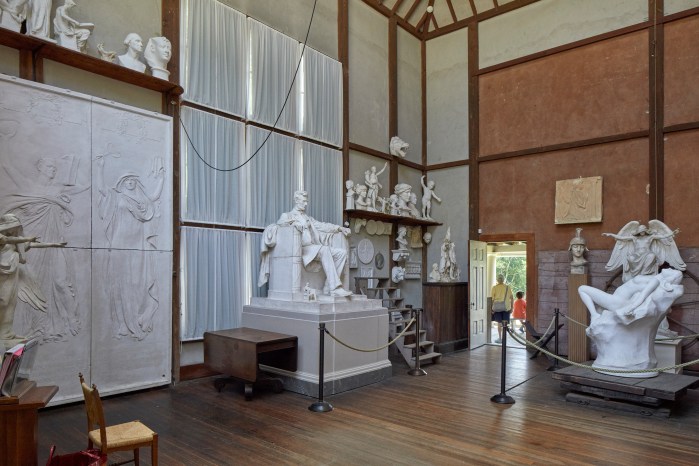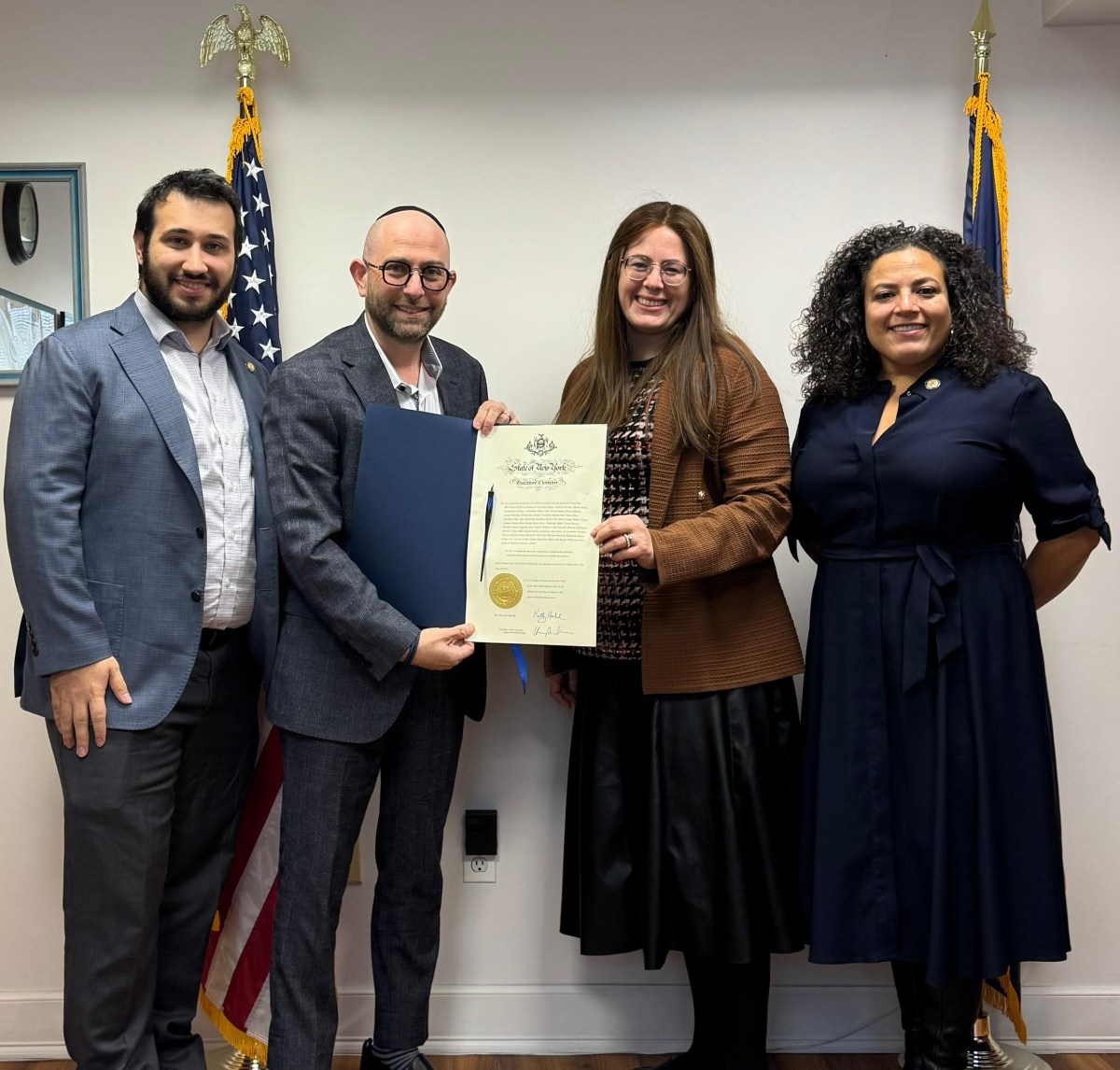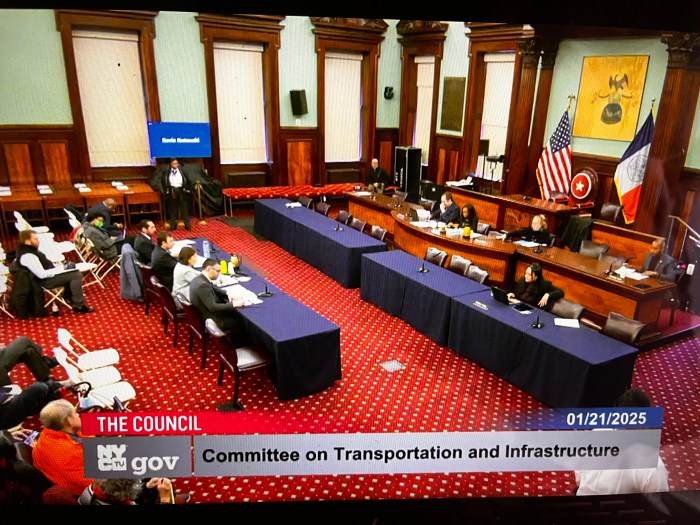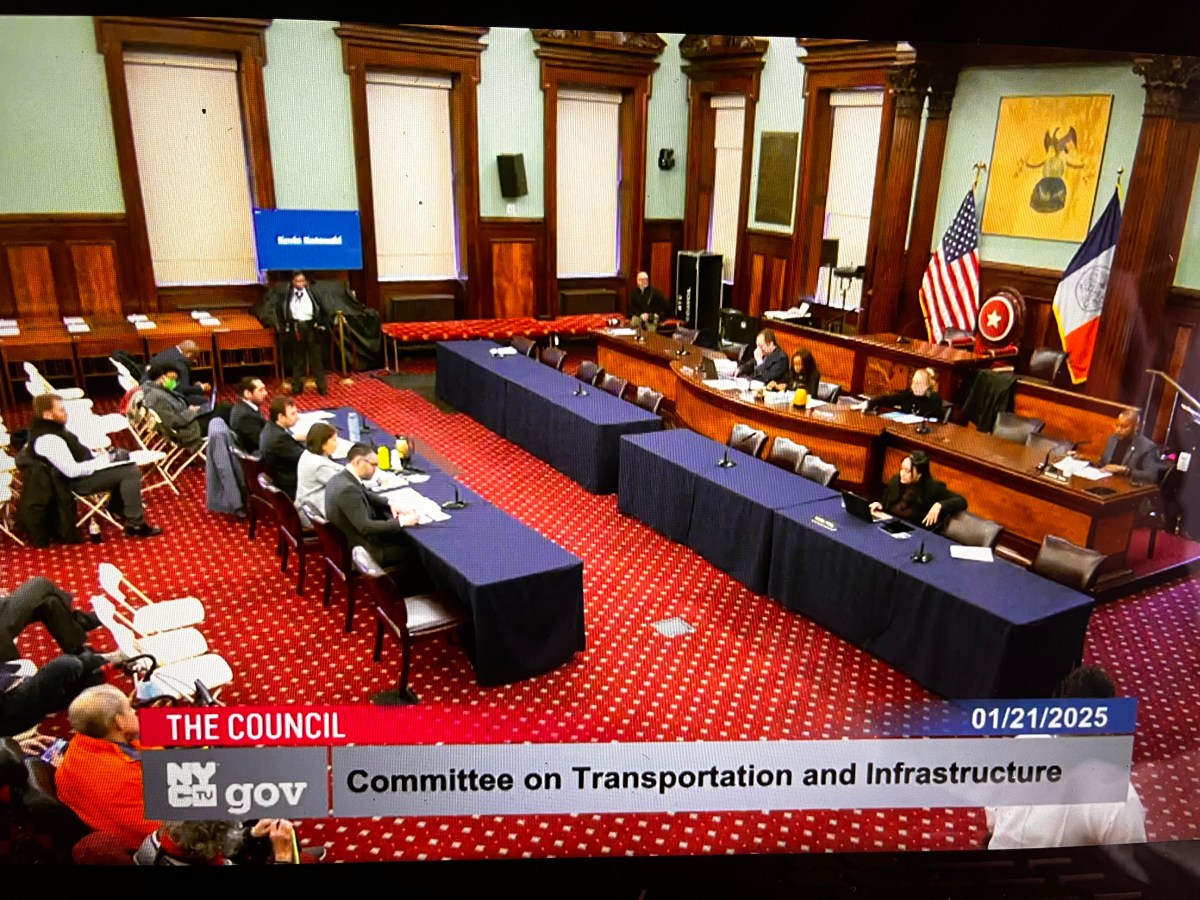Jamaica’s government has promised to hand out fair treatment to nearly 40 Haitian boat people seeking to remain on the island via political and economic asylum, telling them that a local court rather than authorities will decide their end fate.
Security Minister Horace Chang said officials are preparing for a hearing for the 37 Haitians who landed on a beach in northeastern Portland Parish mid last month and told authorities they do not want to return home as they plan to seek asylum status.
Speaking to the group recently, Chang told them that they will remain in a holding facility until the time for their court hearing, emphasizing that the edifice is not a jailhouse.
“It is not a prison or lock-up, but it is secure and the police are here to protect them as well as to prevent them from getting off into other activities,” he said, flanked by representatives from several state agencies.
The entire group was last month convicted of illegally entering the island and was being readied for deportation, stymied only by a last-minute court filing for asylum.
“The court is a part of our law and that has settled, and now, we’ll move to the next phase of trying to respond to the request for asylum. We would like to inform you and remind the wider public that Jamaica has always been committed to the rights of you people. Jamaica has always been supportive of the rights of the Haitian people.”
Jamaica, The Turks and Caicos and The Bahamas are the favored destination for Haitian boat people fleeing turmoil back home including the brutality of heavily armed ganging roaming parts of the country, clashing with police and other security forces sometimes with deadly consequences. Haitian officials have already reported the killings of more than 100 officers in recent months even as the international community included pushing for a multinational security force to help stabilize the situation there. Some of the boat people usually end up in neighboring islands like The Bahamas after failing to make it to Florida, normally their favorite destination. Jamaica, The Bahamas and other Caricom bloc member nations have already signaled plans to contribute to any international force heading to Haiti.
“You are our friends. We welcome Haitians. We will look after you. But we would like to see the time when your country is in a state where Haitians would like to live, raise their families, and work in Haiti and we can be partners,” the national security minister. Locally we have a very strong charter of rights and we were always at the forefront of the move to free South Africa of apartheid leading to black people equality. But to tell you specifically, we were among the countries that brought the situation in Haiti to the United Nations in 1990. Jamaica got the United Nations and Caricom to assist Haiti both in development as well as an electoral system that was fair,” Chang told the Haitians.


